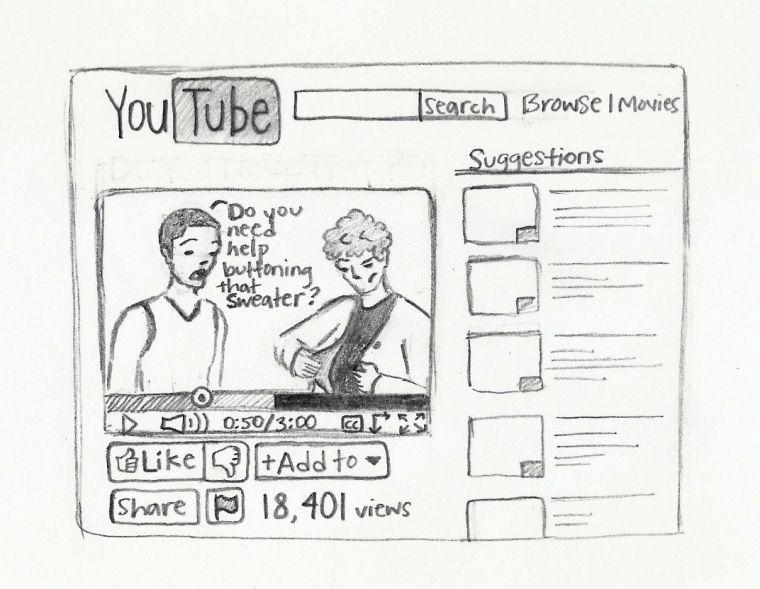If we are fighting against rape culture, or the attitudes and actions that make rape permissible in our society, what are we fighting for?
A consent culture.
In a consent culture, it would be encouraged to respect that an individual can make the right choice for themselves. This includes respecting that no amount of manipulation or wearing someone down would change what that person is willing to do. Ultimately, a consent culture is one that asks and then respects an individual’s right to their body.
Though it plays an important role in sex, consent exists outside of the bedroom.
If you’re out at Fred’s and someone turns down your friend’s invitation to dance, don’t encourage them to go back after the person has had a few drinks. Instead, encourage your friend to acknowledge that sometimes “playing hard to get” is actually the individual not wanting to play at all.
A consent culture would give you responsibility in the situation, reminding your friend that the individual in question knows what they want, and that should be respected.
Rape starts with silence.
Whether that silence comes from a parent who doesn’t talk to their children about consent in both non-sexual and sexual relationships, from a girlfriend who feels she owes her boyfriend intimacy after dating for a significant time or from an individual who doesn’t acknowledge when their partner becomes quiet and still during sex, we are all to blame for the silence.
In the last few weeks, there have been several accusations and confessions of coerced sexual assault in the YouTube community. These accusations have zeroed in on three male vloggers – Tom Milsom, Alex Day and Ed Blann.
In response to the sexual assault scandal, several high profile YouTube vloggers have come out to make the statement that this behavior is not OK, and they have opened up the discussion of consent and healthy sexual relationships.
Their efforts, along with efforts against rape culture, emphasize consent. National campaigns have urged us to remember that yes means yes and no means no.
But it’s not that simple.
Milsom, Day and Blann insisted consent was given by their accusers. In some of the situations, there was verbal consent. But since then, they have each come out and admitted to forcing unwanted sexual attention at some point.
One accuser met Tom Milsom, who she had been a fan of for some time. In a blog post a few weeks ago, she revealed that Milsom had used her idolization of him against her, and her consent to sexual activities was not honest. She also spoke of instances when she attempted to terminate the unhealthy relationship, and Milsom threatened to take his own life.
This parallels popular Nicholas Sparks movie “The Notebook.” In the movie, a poor young man, Noah, becomes enamored with Allie, who is visiting for the summer.
At a carnival, Noah approaches Allie and asks her to go on a date with him. After she declines several times, he then jumps on the Ferris wheel and threatens to fall to his death. Frightened, she agrees to go out with him, but he insists he doesn’t want to unless she wants to.
Coerced, Allie then enthusiastically agrees to go out with Noah.
The accuser’s recollection of her attempts to cut things off with Milsom were very similar to Noah’s response to Allie’s rejection. However, they didn’t have the same Hollywood ending. Fictional or not, we’re taught that if a girl says no, she obviously just needs to be convinced.
Consent does not come from situations when the individual feels their honest answer could cause themselves or someone else harm. Milsom only received consent from his accuser through coercion — or persuasion using threats.
Her consent — no matter how vocal and enthusiastic it may have seemed — was not sexy.
So how can you continue your abundant sex life without worrying if you can trust the consent your partner is giving? Open up the floor for a discussion about sex and be honest with each other.
After all, what is sexier than someone that you’re attracted to honestly wanting to have sex with you?
Jana King is a 19-year-old communication studies sophomore from Ponchatoula, LA.
Opinion: Consent Culture
By Jana King
March 20, 2014





